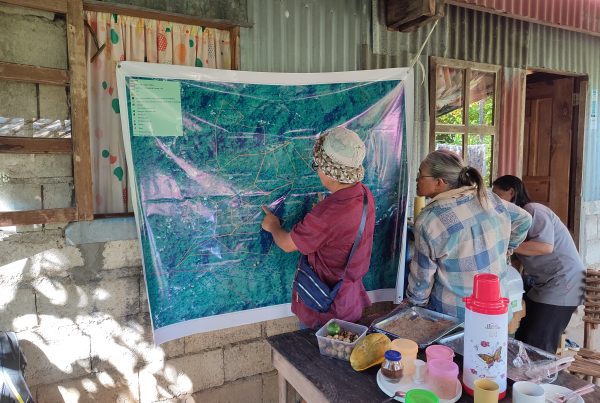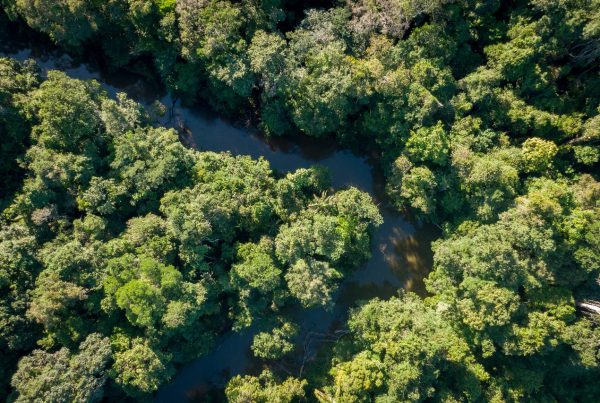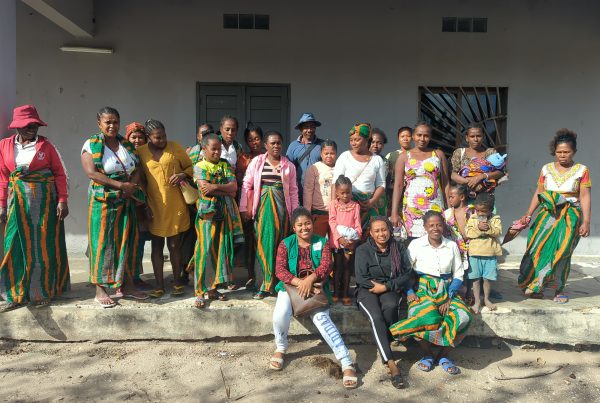For 140 years, the local Māori tribe (iwi) of Whanganui in the North Island of New Zealand has fought for the recognition of their river as an ancestor.
In 2017, the river was granted the same legal rights as a
human being. 1 Gerrard Albert, the lead negotiator for the Whanganui tribe, explains:
“The reason we have taken this approach is because we consider the river an ancestor and always have. We have fought to find an approximation in law so that all others can understand that from our perspective treating the river as a living entity is the correct way to approach it, as in indivisible whole, instead of the traditional model for the last 100 years of treating it from a perspective of ownership and management.
We can trace our genealogy to the origins of the universe, and therefore rather than us being masters of the natural world, we are part of it. We want to live like that as our starting point. And that is not an anti-development, or anti-economic use of the river but to begin with the view that it is a living being, and then consider its future from that central belief.”
Gerrard Albert, lead negotiator for the Whanganui tribe
Author
- Gerrard Albert
Ecosystems
- Temperate forests
Topics
- Governance
Type
- Short-form
Date
- This case study forms part of LBO-2, originally released in 2020.
References
- Fried, D. (2019) The River is Me. Washington D.C.: The Atlantic. Available at: https://www.youtube.com/watch?v=YQZxRSzxhLI
–
Ainge Roy, E. (2017) ‘New Zealand river granted same legal rights as human being’. The Guardian. London: Guardian Media Group. Available at: https://www.theguardian.com/world/2017/mar/16/new-zealand-river-granted-same-legal-rights-as-human-being


